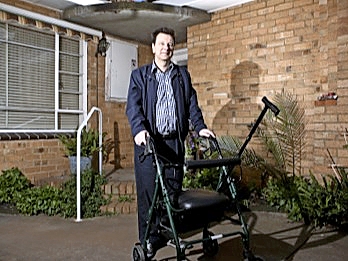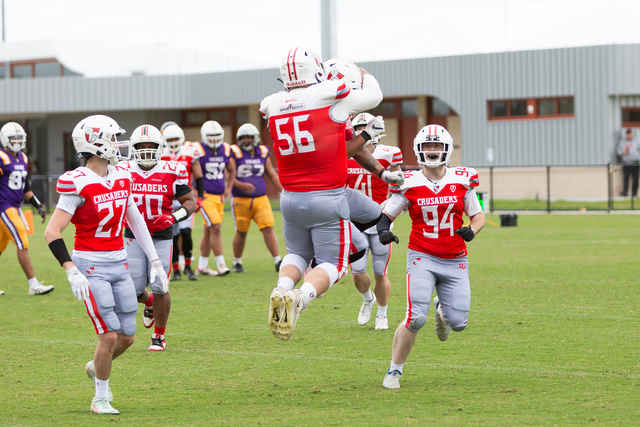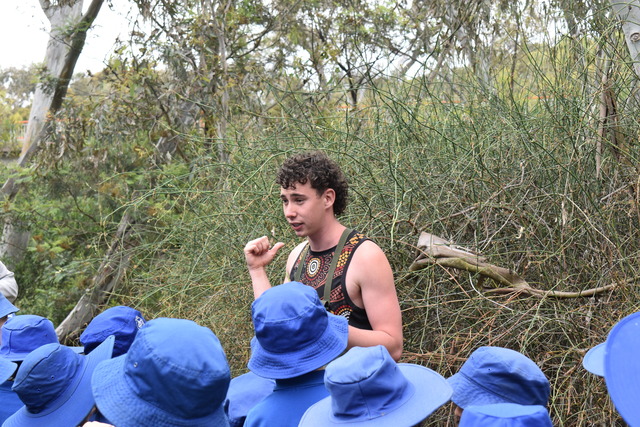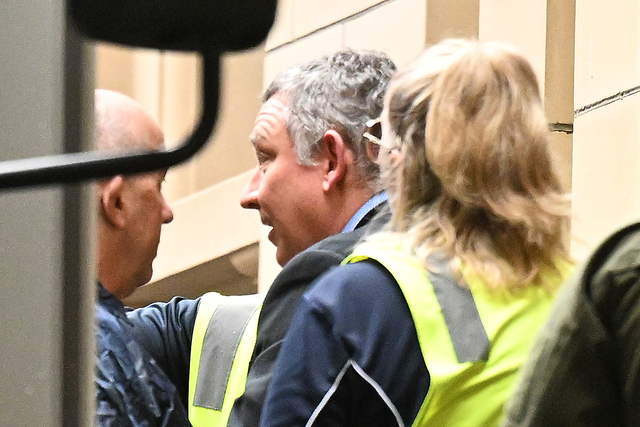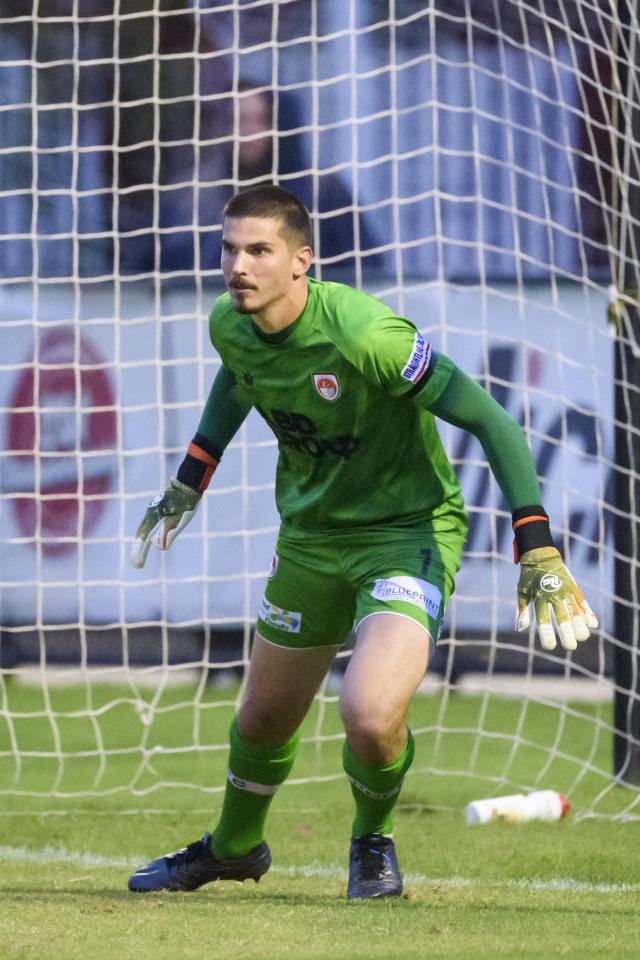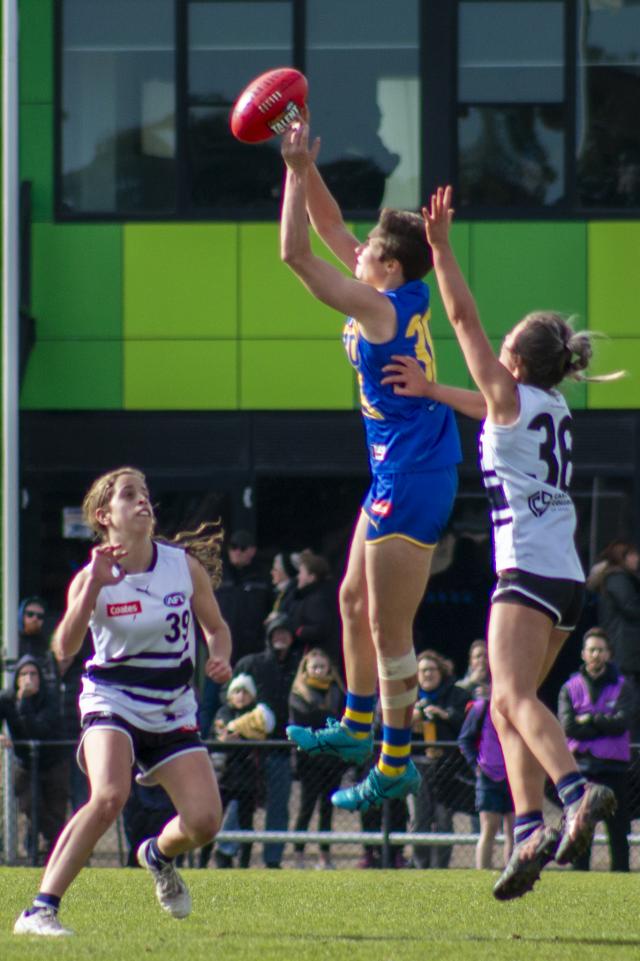Lee James dismissed a feeling of numbness in his arm as an innocuous problem, “just something very little”.
But when the sensation persisted, his family prompted him to see a doctor. After multiple tests, including an MRI scan and a lumber puncture, it was revealed he had multiple sclerosis. “Up until then I didn’t know much about it apart from the MS Readathon [educational and fund-raising program], and because the symptoms disappeared I didn’t relate to it,” Mr James said.
According to MS Australia, the disease is progressive and unpredictable, with no two people sharing the same symptoms. It can progress in different ways, with some people experiencing one or two attacks then remaining symptom-free for the rest of their lives.
Mr James’s first attack about 17 years ago came and went without any lingering disability. But his second attack eight years later left him a different man. “It was basically a downhill slide.”
The Sunshine resident, now 55, said he was forced to quit his two jobs. One involved 12-hour days on his feet at Melbourne Airport; the other was a non-teaching role at a nearby school. He takes tablets to relieve spasticity in his legs, but says there is little by way of treatment available.
In 2011, he joined an eight-week peer-run program co-ordinated by BrainLink called LifeMoves, which was designed to help sufferers of acquired brain injury transition to daily life.
Fast-forward three years and Mr James now volunteers as one of the program’s facilitators, and his team of eight volunteers won the ‘Volunteer Award’ at the Victorian Disability Sector Awards in June.
“Winning the award gave us a real sense of recognition.”

